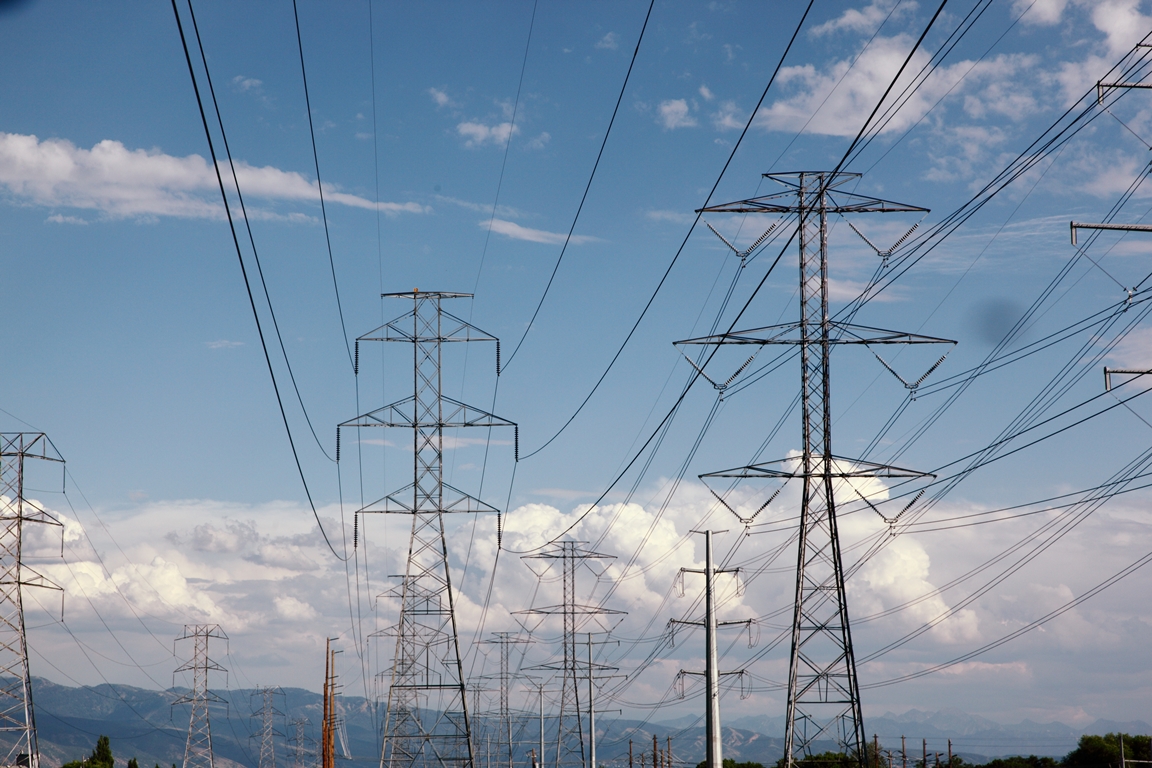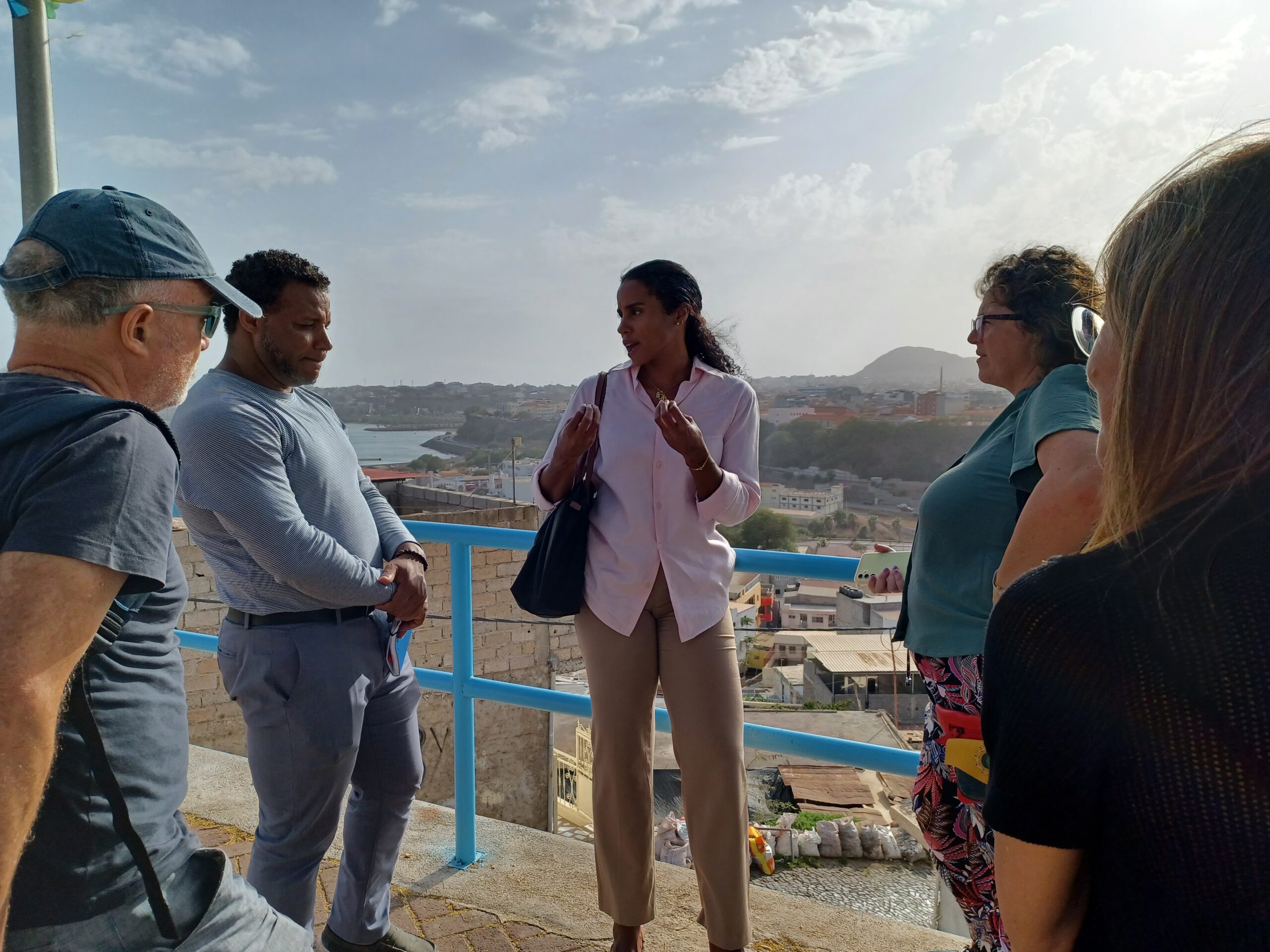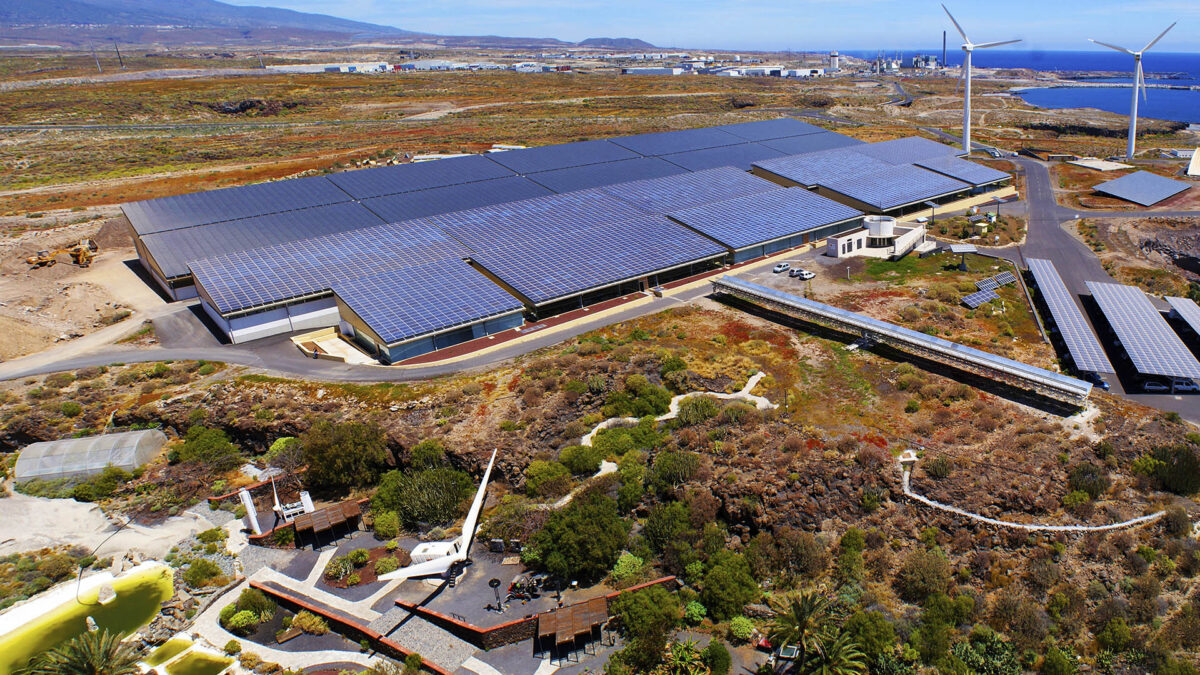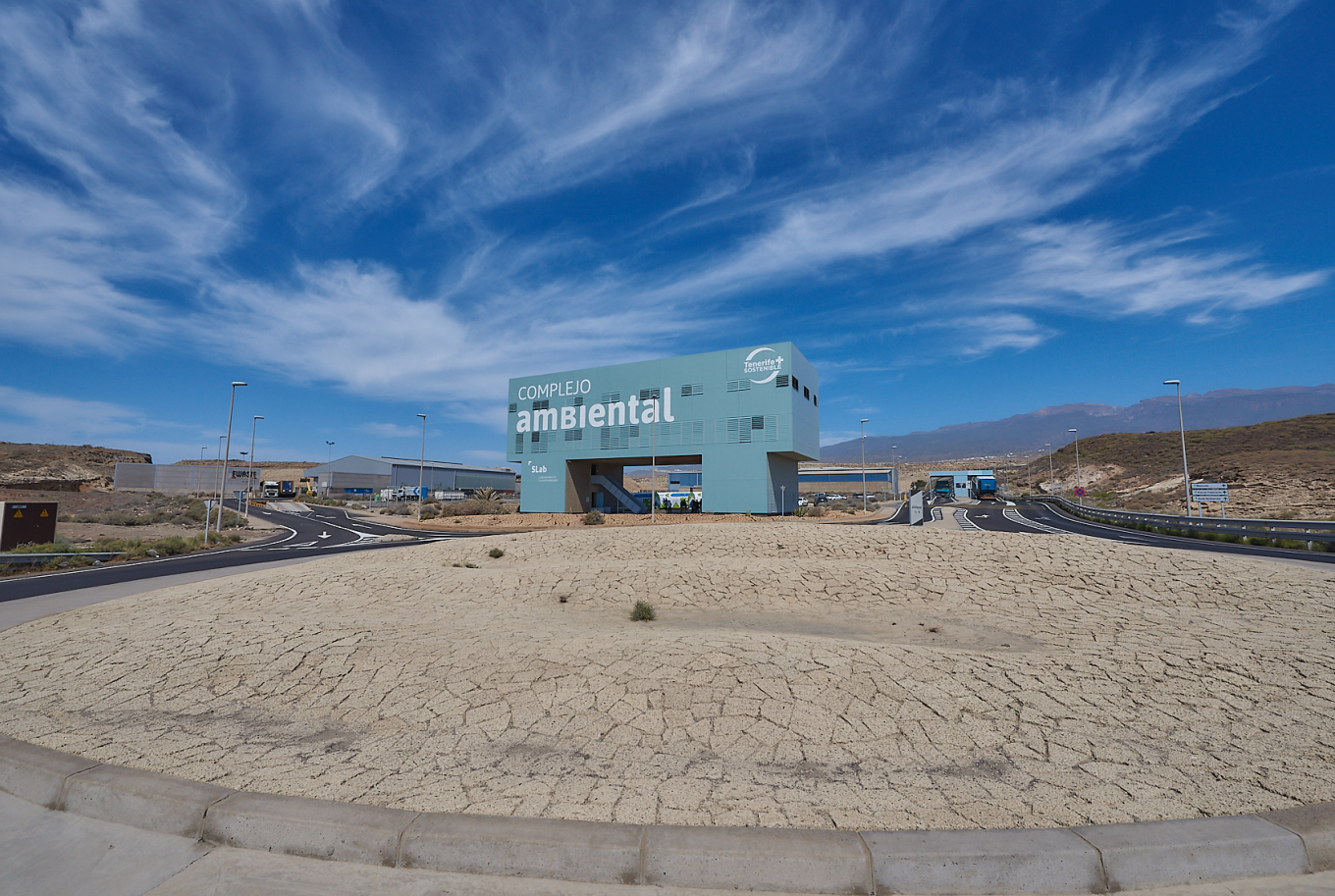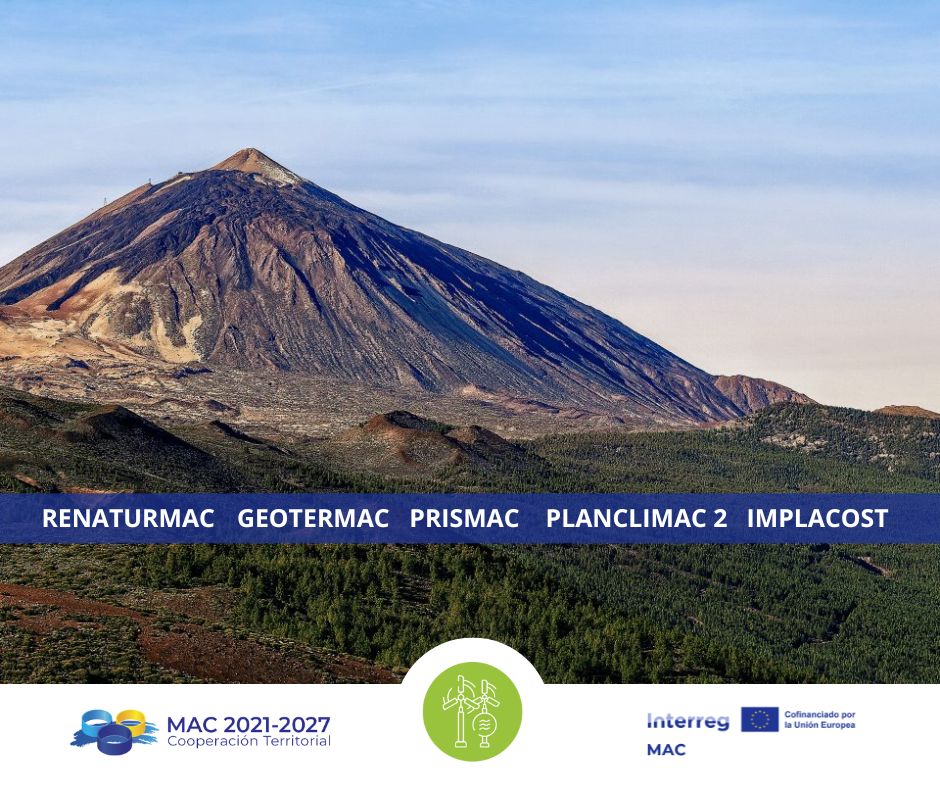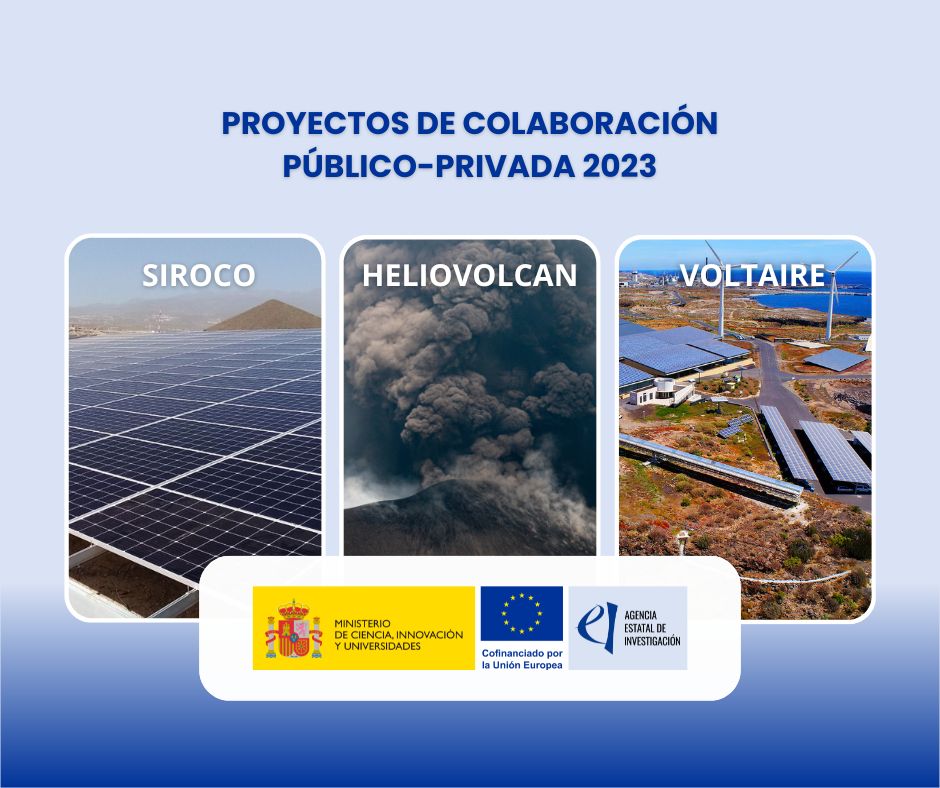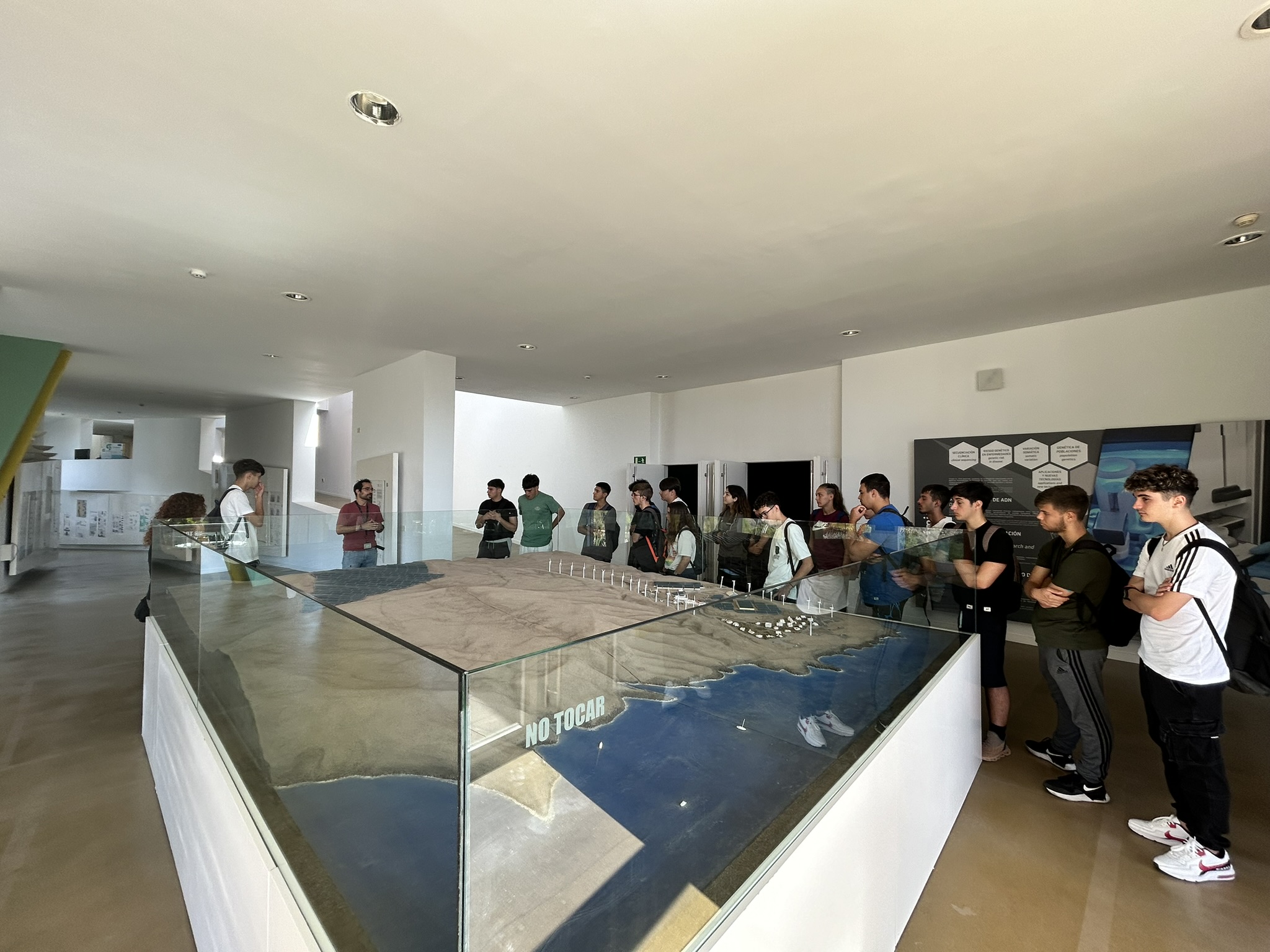Smart energy storage management system
Data
Acronym: SIGAE
Partners: Instituto Tecnológico y de Energías Renovables (ITER)
Duration: Structural
Presupuesto: Internal
Financing: Internal
Project overview
Energy systems generate, transport, convert, and consume energy. They encompass a wide range of domains, including electrical power systems, thermal systems used for heating and cooling, and fuel systems such as natural gas or hydrogen networks. Additionally, a large number of interrelated domains influence the operation of these energy systems, including communication networks, water, and transportation.
Furthermore, energy systems can operate at a variety of scales, from a small individual consumer, to communities and cities, to larger regions encompassing transmission networks.
A fundamental and critical element in the operation of these energy grids is energy storage. In medium-sized grids, a battery bank control system is necessary, which controls the frequency and charge and discharge times of the battery bank elements.
These Battery Management Systems (BMS) typically base their decision-making algorithms on resource optimization from an individual element’s performance and lifespan perspective. However, for efficient storage resource management, it is not only important to assess resource usage in a near-term time horizon, but also crucial to anticipate potential energy needs in the coming hours or days.
The Robotics Unit is working on the application of Artificial Intelligence techniques using deep reinforcement learning algorithms to obtain a predictive model that optimizes energy storage resources by automating their use.
To this end, several training models have been developed employing different agents and environments for modeling ITER’s energy system. Based on historical consumption and energy generation data, these models have been trained to make decisions autonomously, not only assessing the short term, but also being able to identify behavioral patterns for smarter decision-making with a horizon of more than 24 hours.
Currently, the execution of two trained models is in the validation phase to assess, after their implementation over a long period, their respective efficiency. Additionally, work is being done on training other models that allow adaptation to changes in the working environment conditions due to resource unavailability.
Furthermore, work is being done on the inclusion of other time series of multiple relevant meteorological parameters, to generate models for autonomous decision-making in different operation modes.
Links of interest:


